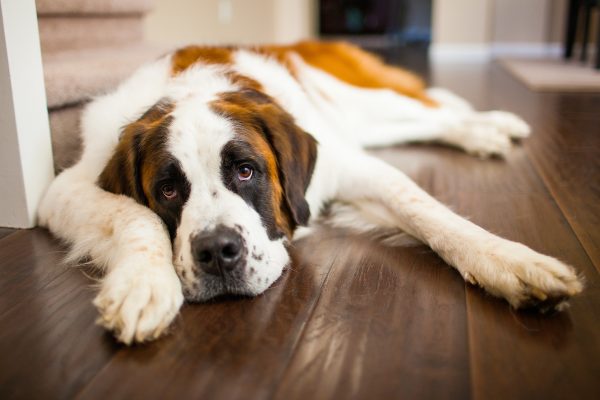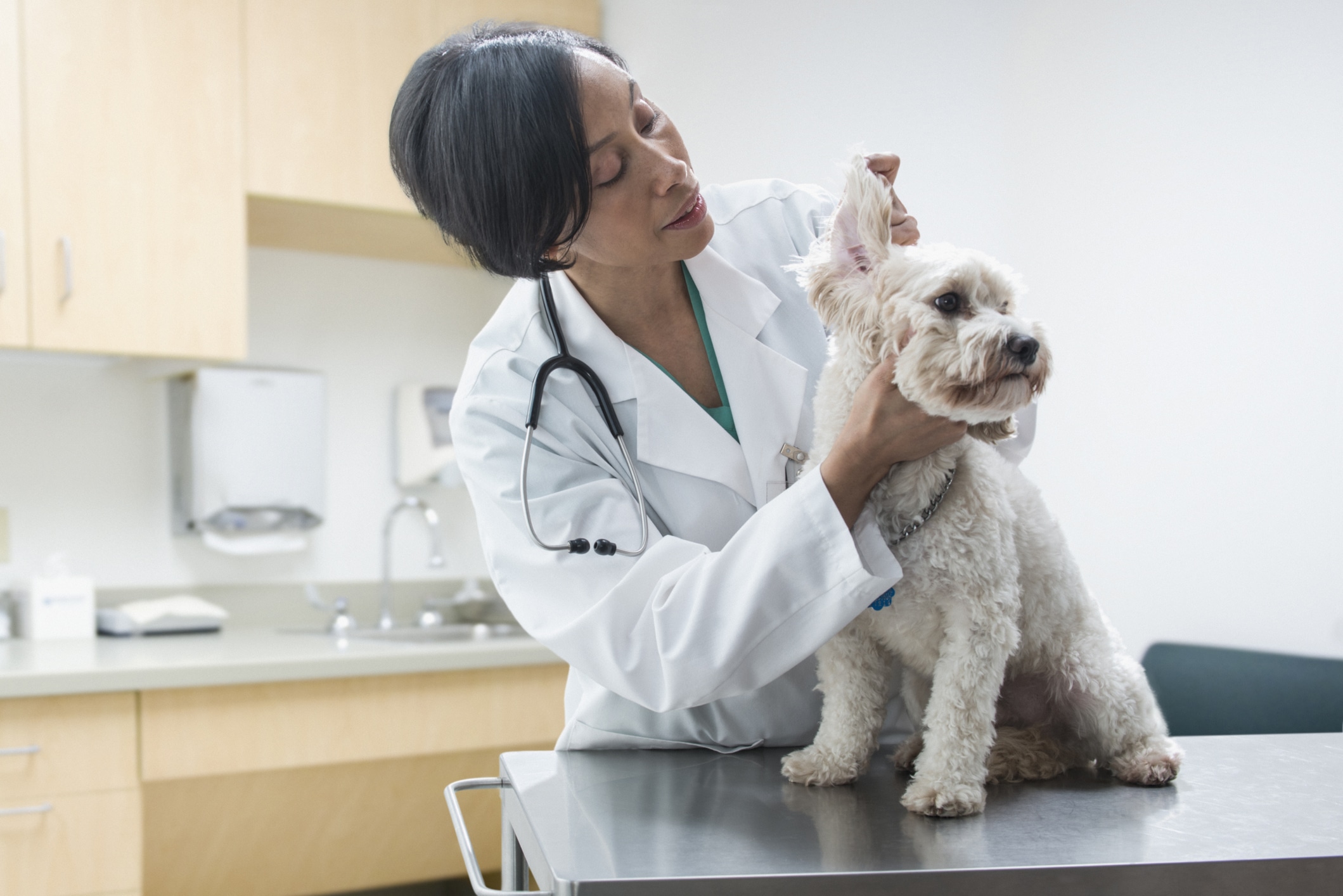[ad_1]
When a canine’s thyroid gland doesn’t produce sufficient hormones, a situation known as hypothyroidism happens. Center-aged and older canines are mostly affected. Thyroid hormones assist regulate many inner features, corresponding to metabolism and coronary heart charge. When these hormones are low, very important features are impaired and signs develop. Happily, with early detection and therapy, most hypothyroid canines have a standard life expectancy.
Causes of hypothyroidism in canines
Lymphocytic thyroiditis, an immune-mediated situation, is the most typical reason for hypothyroidism in canines. It happens when the immune system assaults and destroys the thyroid gland, leading to important irritation and low hormone manufacturing. It’s unknown why the immune system decides to assault the thyroid gland, however it’s considered hereditary.
Hypothyroidism in canines can even happen because of thyroid gland atrophy. Throughout this course of, the purposeful tissue of the thyroid gland is changed by fats. Veterinarians additionally don’t know why this course of happens.
A pituitary gland tumor is one other trigger, however this can be very uncommon. The pituitary gland is situated on the base of a canine’s mind and is answerable for secreting thyroid stimulating hormone. In canines with a pituitary tumor, this course of is impaired, and the thyroid gland shouldn’t be stimulated. Subsequently, thyroid hormones usually are not produced.
Signs of hypothyroidism in canines

Jose Luis Pelaez Inc/ Getty Photographs
Hypothyroidism causes quite a few signs in canines, which can embrace the next:
- Weight achieve regardless of a standard urge for food
- Fats accumulation round shoulders, neck and hind finish
- Lethargy
- Boring hair coat
- Gradual hair regrowth
- Flaky and/or thickened pores and skin
- Patches of alopecia (hair loss)
- Gradual coronary heart charge
- Chilly intolerance
- Recurrent pores and skin and ear infections
- Fertility points
- Decreased tear manufacturing (dry eye)
- Nerve abnormalities
Canines with hypothyroidism could have excessive ldl cholesterol, excessive fats content material and gentle anemia on bloodwork.
Tips on how to deal with hypothyroidism in canines
Canines with hypothyroidism require oral supplementation of an artificial thyroid hormone known as levothyroxine. This medicine is given day by day and is comparatively cheap. The dose, which is decided by the canine’s weight, could change over time primarily based on his response to therapy. Periodic bloodwork helps the veterinarian assess hormone ranges and modify the dose when vital. Supplementation is required for the rest of the pet’s life.
Since hypothyroid canines are already vulnerable to excessive ldl cholesterol, switching to a low-fat kibble is helpful. Omega-3 fatty acids additionally promote a more healthy pores and skin and coat. Your veterinarian can suggest the most effective sort of meals to satisfy your canine’s particular wants.
Life expectancy
Hypothyroidism shouldn’t be a curable situation. Nevertheless, most wholesome, hypothyroid canines dwell lengthy, completely happy lives with the correct monitoring and therapy. Canines with further well being points, corresponding to coronary heart illness or kidney illness, could have shorter lifespans as a result of issue in managing hypothyroidism alongside concurrent sickness.
If left untreated, hypothyroidism ends in a poor high quality of life, an elevated threat of problems and a decreased lifespan. Early analysis ensures your pet receives the therapy he must be completely happy and wholesome. When you discover any indicators of hypothyroidism in your canine, convey him to the veterinarian for analysis.
[ad_2]
